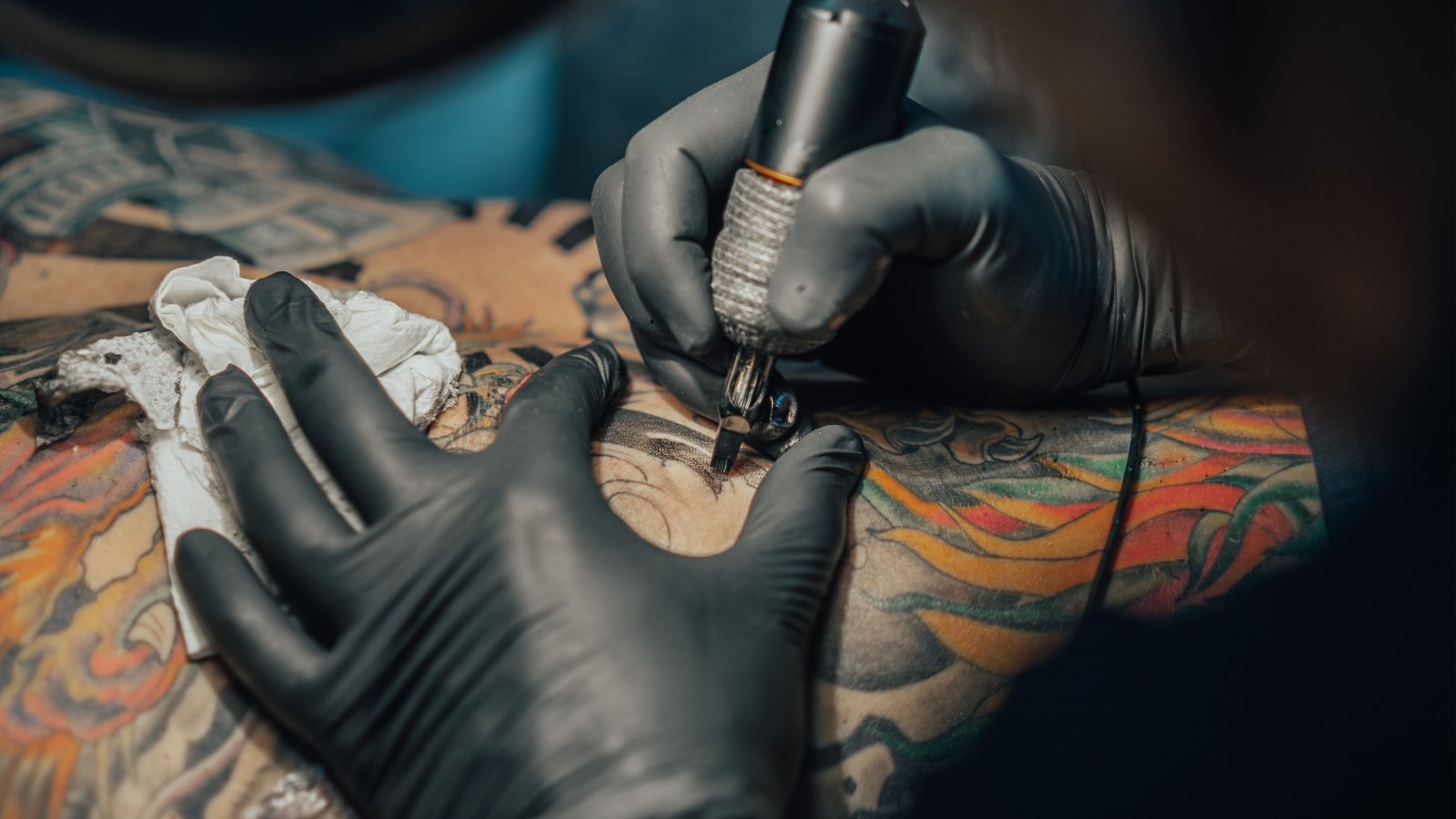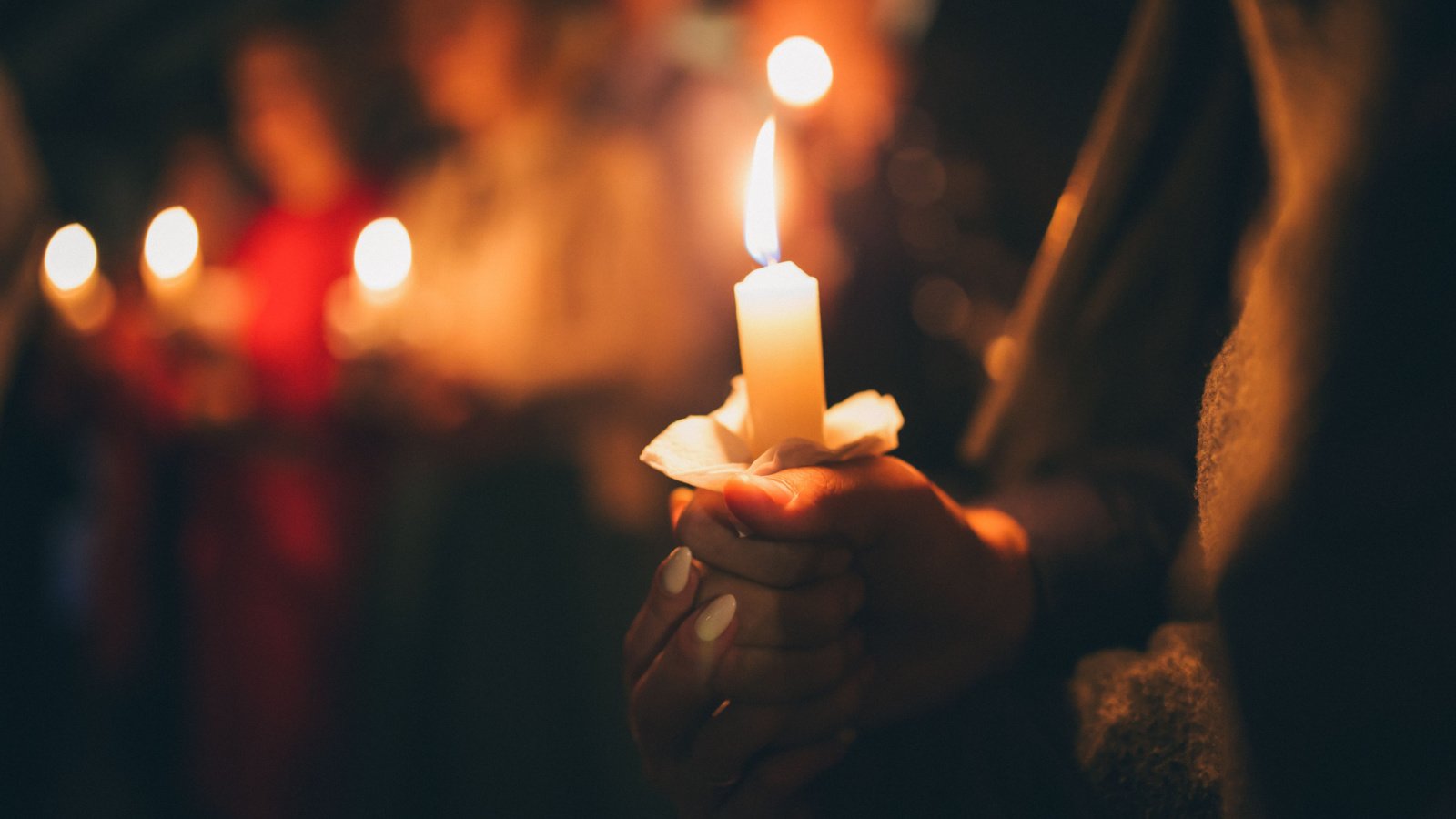Society’s norms and laws are perpetually in flux, reflecting the evolving values and technologies of the times. What was once forbidden or deemed inappropriate by law can, with the passage of time, become a commonplace part of daily life. This article explores a fascinating array of activities that have transitioned from the realm of the illegal to the everyday. Each example underscores how legal systems adapt, often lagging behind cultural shifts until societal pressure necessitates change.
Drinking Alcohol

Prohibition in the United States during the 1920s made the manufacture, sale, and transportation of alcohol illegal. People resorted to speakeasies and bootlegging to sip a drink. Today, enjoying a beer or cocktail is a common social activity, unrestricted except by age laws.
Women Voting

Less than a century ago, women in the U.S. and many other countries were not allowed to vote. The struggle for suffrage ended with the 19th Amendment in 1920 in the United States. Now, voting is seen as a fundamental right for everyone, regardless of gender.
Interracial Marriage

Interracial marriage was illegal in numerous U.S. states until the Supreme Court’s Loving v. Virginia ruling in 1967. Before this, such relationships were subject to legal penalties. Today, marriages across racial lines are common and celebrated.
Homosexuality

Homosexual acts were criminalized in many parts of the world, and it was only in 2003 that the U.S. Supreme Court decriminalized same-sex sexual activity nationally. The path to this included many battles for rights and recognition. Now, same-sex marriage is legal, and LGBTQ+ rights are increasingly recognized.
Tattooing

In many states, tattooing was once illegal due to associations with nefarious activities and concerns over health risks. As cultural perceptions shifted and tattooing became more mainstream, regulations relaxed. Now, tattoos are a popular form of self-expression, and artists operate openly and safely.
Eating Margarine

Margarine was once banned in several U.S. states that were major dairy producers to protect the butter industry. These laws were enforced with vigor, restricting color and sales. Today, margarine is a common alternative to butter, available in every supermarket.
Cursing in Public

Public profanity was often subject to fines and arrest under laws designed to prevent disorderly conduct. Over time, enforcement of these laws has significantly decreased, reflecting changes in social norms. Now, cursing in public, while still potentially offensive, rarely leads to legal consequences.
Jaywalking

While still technically illegal in many places, the enforcement of jaywalking laws used to be much stricter. Urban development and the increasing pace of city life have made jaywalking a common, albeit often overlooked, offense. Most pedestrians cross streets wherever it’s convenient, without waiting for designated crossings.
Credit for Women Without a Male Cosigner

Up until the Equal Credit Opportunity Act of 1974 in the U.S., women often needed a male cosigner to obtain credit, regardless of their own creditworthiness. This law marked a significant step towards financial independence for women. Today, women freely apply for and receive credit based on their own financial history.
Crossdressing

Historically, wearing clothes of the opposite gender was often illegal and could lead to arrest or public ridicule. These laws reflected societal norms that strictly dictated gender roles and presentation. In modern society, fashion is much more fluid, and individuals may dress as they prefer without legal repercussions.
Selling Contraceptives

In many places, the sale and advertising of contraceptives were illegal and viewed as promoting immorality. The Comstock Laws of 1873, for example, prohibited the dissemination of contraceptive information and supplies in the U.S. Today, contraceptives are widely available and recognized as important for reproductive health and autonomy.
Gambling

Gambling was widely prohibited across the U.S., with laws strictly enforced up until the late 20th century. The legalization of gambling in places like Las Vegas and Atlantic City opened the doors for a booming entertainment industry. Today, many states have legalized gambling, and online betting platforms have made it more accessible than ever.
Coeducation

In the past, educational institutions were often segregated by gender, reflecting societal beliefs about gender roles and propriety. Coeducational schools were rare and sometimes illegal, as genders were taught separately to maintain moral standards. Today, coeducation is the norm, with boys and girls often attending the same schools from kindergarten through university.
Divorce

Divorce was once highly stigmatized and legally restricted, only allowed in cases of proven fault like adultery or abandonment. Over time, the introduction of no-fault divorce laws has made it more accessible and less taboo. Now, divorce is a legal process available to any couple seeking to end their marriage.
Flying Kites

In some cities, flying kites was illegal because it was considered a risky activity that could interfere with public safety. These laws have become obsolete as kite flying is generally recognized as a harmless recreational activity. Nowadays, families commonly enjoy this pastime in parks and open spaces.
Keeping Gold

During the Great Depression, Executive Order 6102 required U.S. citizens to turn in their gold coins, bullion, and certificates to the government. Owning gold was essentially illegal to combat hoarding during economic recovery efforts. Today, buying and holding gold is not only legal but also a common investment strategy.
Frequenting Nightclubs

In the early 20th century, nightclubs, especially those offering jazz music, were often raided and could be illegal because they were seen as places of moral decay and vice. As music and social mores evolved, these spaces became accepted centers of culture and socialization. Nightlife is now an established part of urban culture globally.
Home Brewing

Home brewing of alcohol was illegal in the United States until 1978, when a law was passed allowing individuals to brew beer at home without intent to sell. This change spawned a hobby that has grown into a vibrant craft beer culture. Home brewing is now an enjoyable and often community-building activity across the country.
Birth Control Information

Disseminating information about birth control was once illegal in many parts of the world, including the United States, under the Comstock Law. These restrictions were gradually lifted as societal attitudes toward sex and reproduction evolved. Today, information about birth control is widely available and often included in standard health education.
Suing for Personal Injury

In many legal systems historically, the concept of suing for personal injury did not exist or was heavily restricted. Over time, as legal systems evolved to recognize individual rights, personal injury lawsuits became an important tool for ensuring accountability and safety. Now, individuals can seek legal recourse if they are injured due to someone else’s negligence.
Euthanasia

While still controversial and illegal in many places, euthanasia has been legalized in several countries like the Netherlands, Belgium, and Canada under strict conditions. This shift reflects a broader global debate on the rights of individuals to choose a dignified end to life. In the U.S., laws vary by state, with places like Oregon leading in the legalization of assisted dying under specific circumstances.









Es bietet eine Vielzahl von Spielen, ein sicheres Zahlungssystem und eine freundliche Kundenservice-Abteilung.
Die Jackpot-Automaten in PSK von sind spannend, die Casino bietet großartige
Gewinnmöglichkeiten! Roulette ist mein Lieblingscasino, die Grafik in PSK
ist erstaunlich und die casino läuft flüssig.
Der Sicherheitsindex ist die wichtigste Kennzahl, die wir verwenden,
um die Vertrauenswürdigkeit, Fairness und Qualität jedes einzelnen Online Casinos in unserer Datenbank zu beschreiben. Wenn Sie Schwierigkeiten mit der Auszahlung haben, können Sie
sich an die Zahlungsservice-Abteilung von PSK Casino
wenden. Wenn Sie Schwierigkeiten mit dem Spiel haben, können Sie
sich an die Spiele-Abteilung von PSK Casino wenden. Wenn Sie Schwierigkeiten mit der Einzahlung
haben, können Sie sich an die Zahlungsservice-Abteilung von PSK Casino wenden. Wenn Sie Schwierigkeiten mit der Registrierung haben, können Sie
sich an die Kundenservice-Abteilung von PSK Casino wenden. PSK Casino bietet eine bessere Umsatzrückzahlungsrate und ein flexibles Zahlungssystem als Betway Casino
und 888 Casino.
References:
https://online-spielhallen.de/betano-casino-cashback-so-holen-sie-das-beste-heraus/
I wrote to support to confirm a withdrawal document, and the reply
was clear and friendly. Expect quick logins, push alerts for promos and
tournaments, and fast cashier access. Bank wire withdrawals start from €500 and take 1–3 business
days
You can reach the team via email, and VIP players also get
a dedicated manager for tailored help. Huge pokies and live catalogue from Evolution,
Pragmatic Play, Play’n GO, Nolimit City, Playtech, Ezugi Instant deposit; withdrawals to Paysafe where available Navigation is
clean, mobile is slick, and payouts are quick once you’re verified.
You get clear bonus rules, responsible play tools, and VIP care when you climb the
levels. If you’re an Aussie looking for a fast, friendly place
to play, this site keeps things simple.
Outcomes are near‑instant, with streamlined bet sliders
and one‑tap cash‑outs tuned for mobile play.
Woo Casino also pushes instant‑win games for quick sessions.
These picks surface the ‘jump to feature’ mechanic, letting high‑rollers skip the base game
and chase the bonus round straight away.
The casino is accessible on desktop and mobile without downloads,
and it keeps the layout familiar on all screens.
References:
https://blackcoin.co/crown-casino-sydney-a-comprehensive-guide/
Synonyms for important help you explain value and priority in a clearer way.
Learn a new word every day. Comprehensive resource for word definitions and
usage
What are some alternative words for ‘key’ and ‘important’?
In this section, we will explore both absolute and near synonyms for “important.” “Important” conveys a sense of value or significance, while
“essential” indicates something that is absolutely necessary.
Why are synonyms important? Common stronger choices are essential, critical, crucial,
and vital. First think about why the thing matters.
Words that can be used instead of ‘key’ and ‘important’ include significant, critical, essential, vital, fundamental, and pivotal.
Some of these words are absolute synonyms, meaning they have the exact same meaning as “important.”
Other words are near synonyms, meaning they
are similar in meaning but not identical. The word “important” suggests a degree of
significance, whereas “crucial” implies something that is absolutely
necessary or critical. Understanding the
nuances of these synonyms can help writers and speakers convey significance and relevance with precision and impact.
In this article, we will explore a variety
of synonyms for the word “important” and how they can be used to enhance communication and expression.
References:
https://blackcoin.co/best-bitcoin-crypto-casinos-australia-our-top-picks-reviewed/
online casino uk paypal
References:
http://www.s-golflex.kr
paypal casino online
References:
https://etalent.zezobusiness.com/profile/mosemerryman9